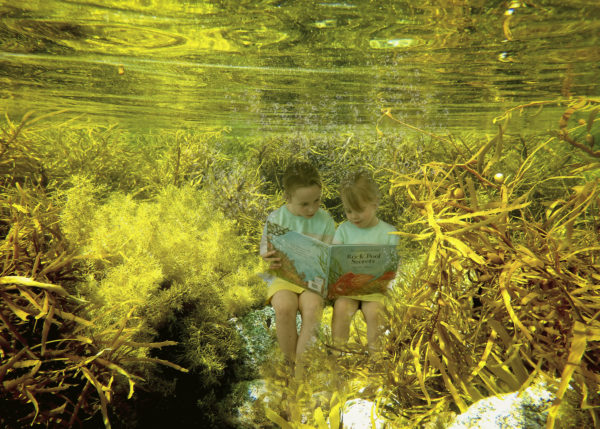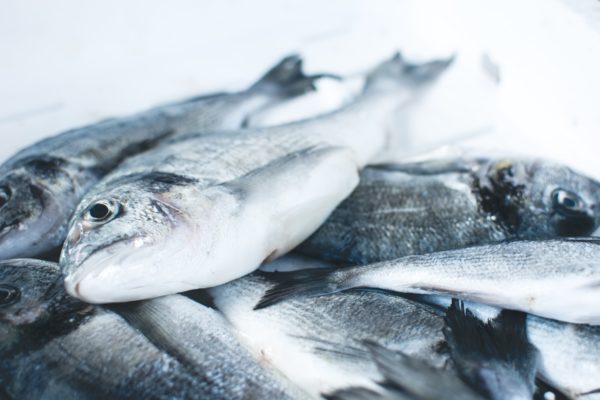Advances in technology mean the underwater world can be better monitored than ever before.
A team of 40 scientists from around the world has developed a roadmap for future research of the world’s marine life that makes the best use of tracking technology.
The project’s lead researcher, Alfred Deakin Professor Graeme Hays, said constant advances in technology meant the underwater world could be better monitored than ever before using devices which allow individual animals to be followed as they move around the oceans.
“It’s a golden age for marine animal tracking studies, with a range of reliable and small electronic tags allowing us to record the lives of animals, including whales, turtles, seals and fish, for many months or even years,” said Professor Hays, from Deakin’s Centre for Integrative Ecology, within the School of Life and Environmental Sciences.
“Tags used in marine science research allow us to measure where animals go, how deep they dive, how fast they swim, where and when they eat and rest, and even every time they beat their tail or flippers, but the technology is also so good nowadays that sometimes scientists aren’t sure exactly what to do with the huge volumes of data they are collecting.”
Professor Hays said there was an urgent need to triage the most important questions in the field of movement ecology for targeted research, particularly in the case of marine species where technical advances in tagging have been especially significant.
In the latest edition of leading international journal “Trends in Ecology and Evolution”, the team, which included 40 international marine megafauna bio-logging experts, has published the key 20 questions that need to be addressed in the growing field of movement ecology.
The article, “Key Questions in Marine Megafauna Movement Ecology”, can be found here.
“During the process, everyone submitted their questions and then we distilled them down to the list in the paper,” Professor Hays said.
“By bringing together leading experts from Australia, the US, Europe and Asia we should have captured most of the most pressing issues in the field. If it’s in the paper, it’s an important question that needs addressing.”
Key issues to emerge included using tagging technology to help ocean conservation, for example by helping design new protected areas, showing the value of existing protected areas and helping to reduce fishery bycatch.
[testimonial_text]If you can track the movement of species that are caught in fishing activities by accident, you can then work on policies to minimise that interaction.[/testimonial_text]
[testimonial_picture name=”Professor Graeme Hays” details=”Alfred Deakin Professor And Chair In Marine Science”]
[/testimonial_picture]
“Knowledge of animal movements can also help to reduce collisions between large species of whales and ships. Amongst endangered whale species, the death of just a couple animals a year due to collisions can make the difference between extinction and survival. We already have examples where ships have changed their routes to avoid collisions as a result of the information provided by tagging technology.”
As well as conservation benefits, Professor Hays said tagging marine animals would also allow researchers to address mysteries that have perplexed the scientific world for more than a century.
“For example, Charles Darwin both marvelled, and yet could not explain, how animals such as sea turtles are able to navigate across the ocean to find small targets such as remote islands.
“The answer to this question remains elusive, but recording the details of the routes that animals follow will help identify the navigational information they are using.”
Tags would also help scientists assess how climate change may impact iconic marine species such as whales and turtles whose distribution may change in the future.
“We hope that future reduction in the size of tags will allow even more species to be tracked, such as small fish and sea birds and sea turtle hatchlings,” he said.



